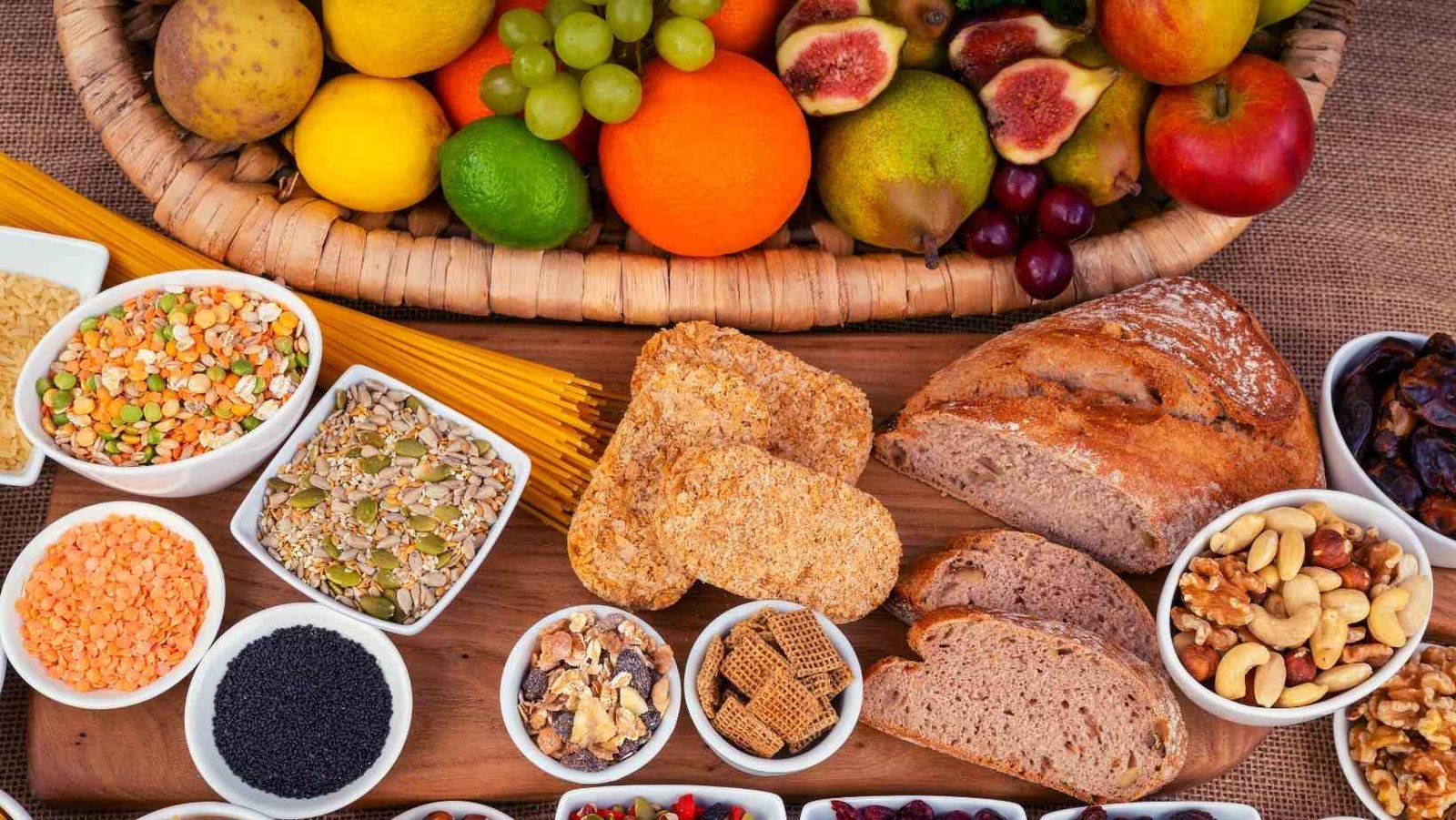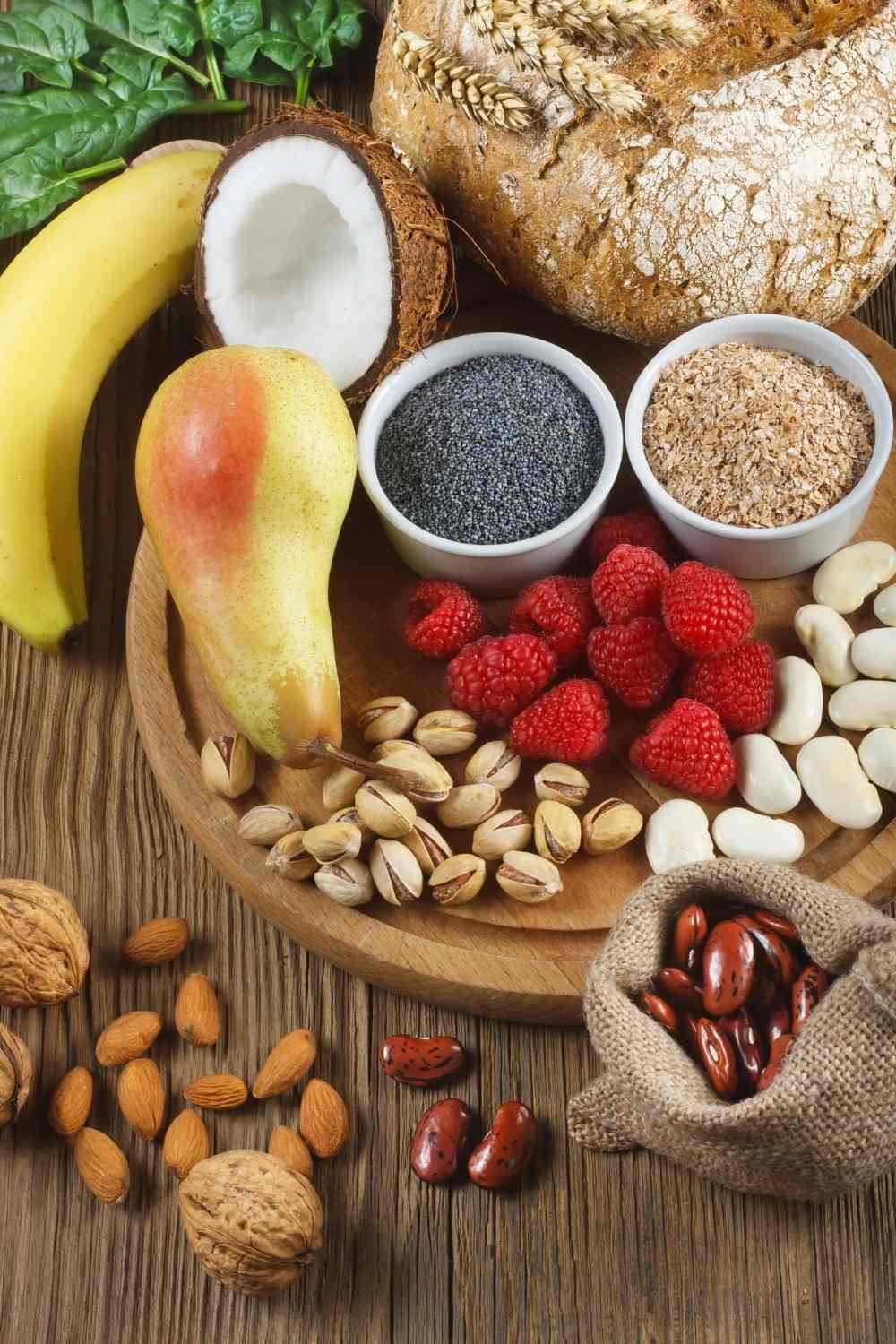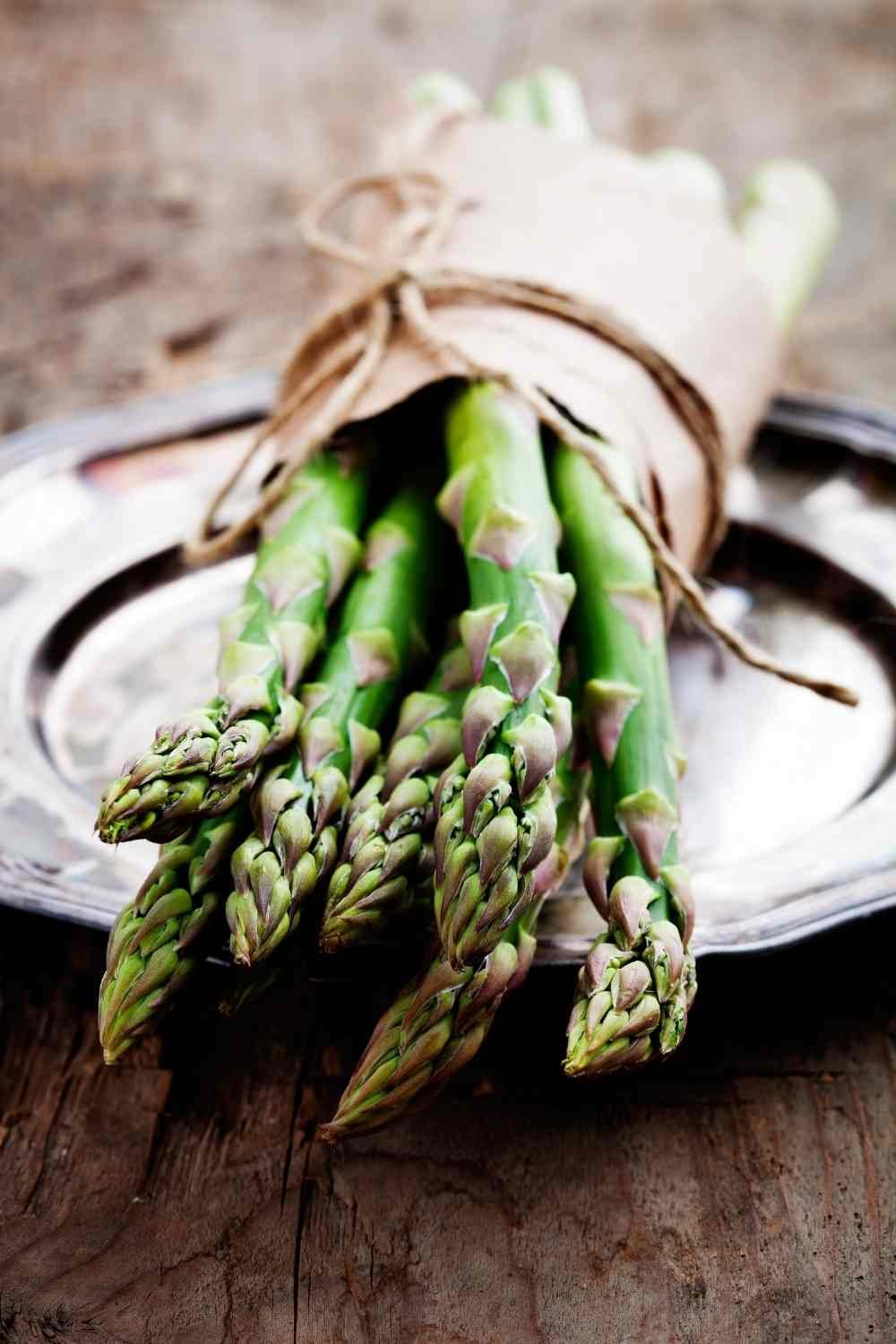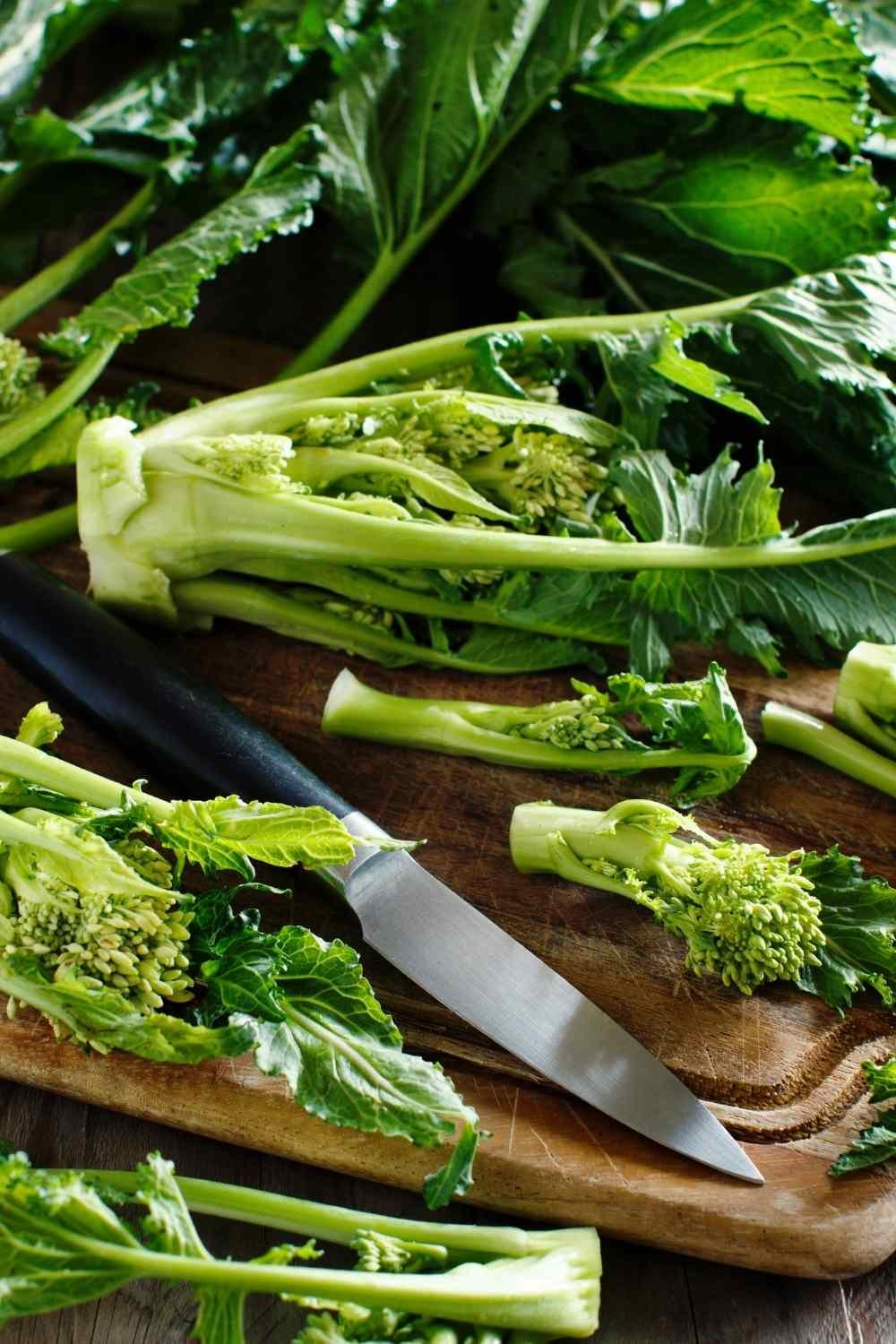Your gut needs assistance in moving and removing waste from your digestive system. Fiber can assist in this situation. Fiber may be found in a variety of foods that you currently consume. Dietary fiber, which may be found in supplements, fruits, vegetables, legumes, and whole grains, does more than simply keep you regular. Psyllium, for example, is a kind of fiber that has a number of health advantages. Continue reading to discover about high-fiber foods, fiber supplements, fiber kinds, and daily fiber recommendations.

How Much Fiber Do You Require on a Daily Basis?
The daily fiber consumption recommendation is 28 grams, with variations depending on age and gender. Most Americans, on the other hand, eat just around 16 grams per day. The truth is that just around 5% of Americans get adequate fiber on a regular basis.
What may happen if you don't get enough fiber in your diet? You may have constipation and sluggishness in the near term. A diet that is regularly low in fiber, on the other hand, may raise your risk of more severe problems like heart disease and type 2 diabetes over time. Contact your healthcare practitioner if you have any concerns.
The best approach to obtain all of the nutrients your body needs to operate at its optimum, including fiber, is to eat a well-balanced diet that contains lots of whole plant foods. But, with our hectic, demanding schedules, this isn't always feasible.
Fiber supplements like Metamucil may help you get more fiber in your diet. Metamucil Sugar-Free and Real Sugar Powders both provide 3 grams of dietary fiber per serving. Start with one serving per day for new Metamucil users and gradually increase to the appropriate daily consumption.
9 High-Fiber Foods to Include in Your Diet
You may already consume high-fiber foods on a daily basis. Alternatively, you may discover that several of your favorite meals have excellent high-fiber substitutes. But how can you know whether you're getting the necessary 28 grams of fiber per day? This high-fiber food list may help you figure out how much fiber you're getting in your diet. Taking Metamucil every day may also help you obtain the necessary amount of fiber each day, in addition to the high-fiber meals you eat.

1. Broccoli Flowerets
To get the daily required fiber intake, you'll need approximately 9 cups of broccoli flowerets. Broccoli is high in sulforaphane and has 3.2 grams of fiber per cup. Add an additional serving of broccoli to assist meet your fiber objectives since it's low in calories.
2. Brussels sprouts
In a brussels sprout slaw, these tiny cabbages may be cooked, grilled, pan-fried, or sliced raw. With 4 grams of fiber per cup, 7 cups of brussels sprouts are required to meet the daily fiber requirement.
3. Asparagus
Have you ever seen a dish with 83 asparagus spears on it? Unless it's a family-style dinner, probably not. That's how many raw asparagus spears you'll need to meet your daily fiber requirement of 28 grams. Add thinly sliced raw asparagus spears to salads or sandwiches instead of cooked asparagus for a sweet, crisp taste.

4. Artichokes
Artichokes are excellent on pizza, in a vegetable dip with spinach, or cooked to perfection. Can you eat four artichokes in one day, though?
5. Squash acorn
Simply remove the stem, scoop out the seeds, and bake until the vegetables are soft. Alternatively, use wild rice, quinoa, or ground beef to fill acorn squash. To meet your fiber objectives, you'll need approximately 3 cups of acorn squash.
6. Peas
With 9 grams of fiber per cup, go for larger servings to increase your fiber intake. To achieve the daily recommended fiber intake, you'll need approximately 3 cups of green peas. Green peas are a tasty and nutritious source of iron, manganese, and vitamins A and C.
7. Turnip greens
Turnip greens have a moderate taste and are high in beta carotene and vitamin K. They may be juiced or mixed into green smoothies, much like spinach and other leafy greens. To meet your fiber objectives, you'll need approximately 5.5 cups of turnip greens.

8. Carrots
Carrots that have been lightly steamed will release more beta carotene, but whether you eat them raw or cooked, you'll get the advantages of the 4.68 grams of fiber in each cup. To get the daily recommended fiber intake, you'll need approximately 6 cups of carrots.
9. Cauliflower
Riced cauliflower is a low-carb substitute for starchy vegetables that may be used to make pizza crust or chips. It's a wonderful method to get more fiber in your diet, but it may not bring you to the required 28 grams of fiber per day. That would entail consuming about 8.5 cups of cooked cauliflower on a daily basis.

Leave a Reply